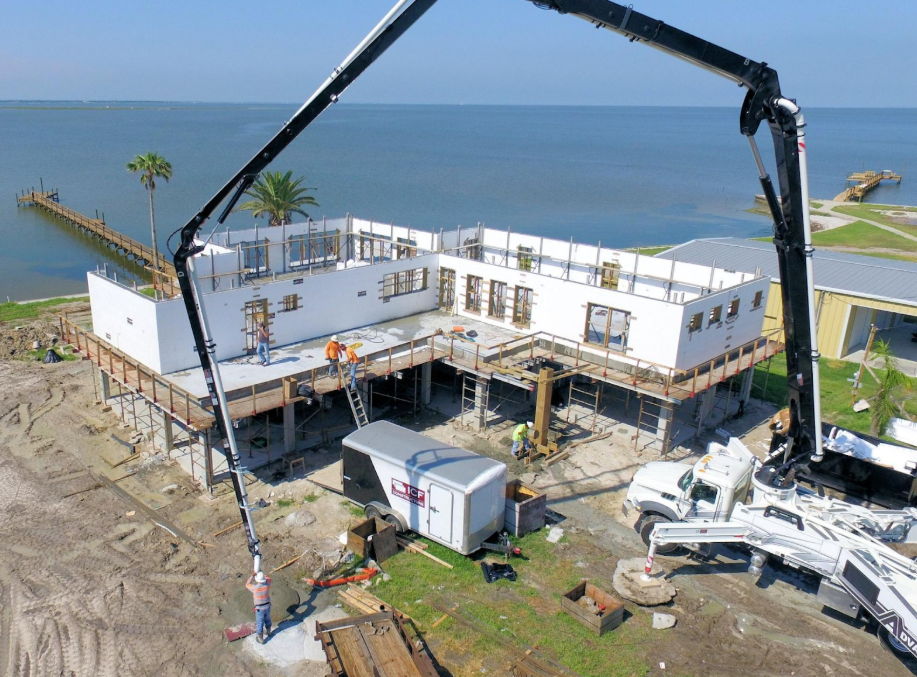
4 New Building Code Changes You Need to Know
Understanding new building codes is crucial for construction professionals and homeowners alike, especially with the increased frequency and intensity of hurricanes and tornadoes.

Top Tips for Building a FEMA Approved Storm Shelters

Tips for Designing ICF House Plans With a Walkout Basement

5 Alternative Building Methods that Can Improve Profits and Productivity
Improving profits without sacrificing quality — the ultimate goal of all homebuilders. Here are five alternative building methods that can improve your net profit margin by saving time and money.

How to Attach Siding to an ICF Substrate
Simple Ways to Save Money On Your Build
As builders and buyers look to continually fight rising costs, making small changes and minor substitutions, as a way of value engineering, can largely impact the final cost of a build.

Building a Smart Home with ICF: Energy Efficiency by Design
Discover how building a smart home with ICF combines strength and energy efficiency by design for sustainable, modern living

What is Concrete Pumping and How Does It Work?
Concrete pumping has changed the way contractors place concrete on job sites. Rather than hauling heavy loads in wheelbarrows or relying on cranes and buckets, a concrete pump delivers liquid concrete through a system of hoses, pipes, or booms — directly to the point of placement.

How to Build a Flood-Resistant House
In this article, we’ll explore flood proof home construction using innovative materials and techniques, with a focus on insulated concrete forms (ICFs).

How to Open a Movie Theater: Materials, Layout, and Code Compliance Tips
Every movie theater starts as a concept, but bringing that concept to life takes precision, expertise, and the right materials.